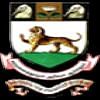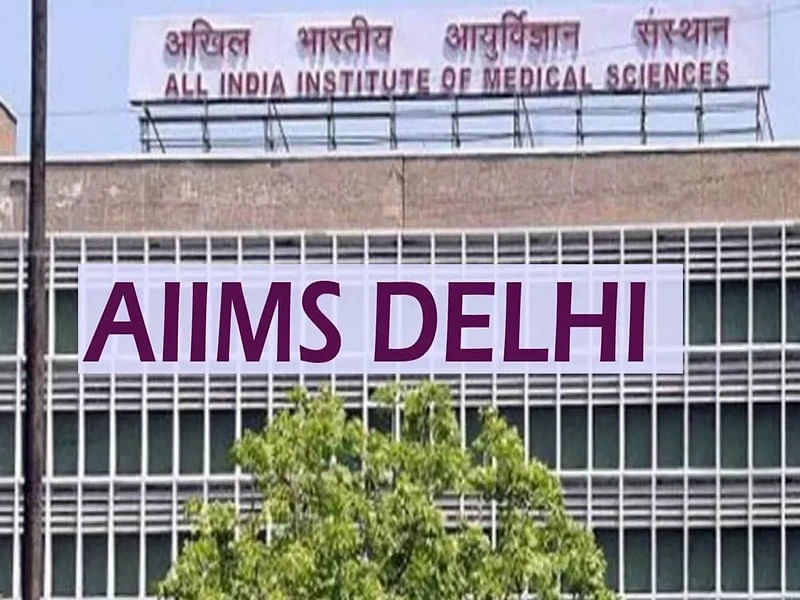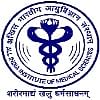M.Sc Anatomy Syllabus and Subjects

M.Sc Anatomy is a two-year full-time master's programme and the course syllabus is mostly defined by the university on which the student is enrolled. Every college has its own course structure, which incorporates a mix of M.Sc Anatomy subjects to help students gain a comprehensive understanding of human anatomy.
M.Sc Anatomy Semester Wise Syllabus
Students will be well-versed in all of the anatomy and physiology principal aspects as a result of the curriculum. The M.Sc Anatomy syllabus is listed below for each semester, which differs depending on the college, but the basic course structure remains the same. The M.Sc Anatomy course aims to ensure that the students have access to all the vital and key information they need to succeed in their career paths.
M.Sc Anatomy First Year Syllabus
The table below contains the list of M.Sc Anatomy subjects in the first year:
| Semester I | Semester II |
| Gross Anatomy | Genetics |
| Histology | Developmental Anatomy |
| Histochemistry | Neuroanatomy |
M.Sc Anatomy Second Year Syllabus
The table below contains the list of M.Sc Anatomy subjects in the second year:
| Semester III | Semester IV |
| Systemic Pharmacology | Microscopic Anatomy |
| Physiology | Cytology |
| Biophysics | Gross Anatomy with evolution |
| - | Dissertation |
M.Sc Anatomy Subjects
Subjects in M.Sc Anatomy vary depending on the speciality and university that candidates pick. The curriculum for the M.Sc Anatomy programme is chosen based on the most significant aspects of human anatomy. The disciplines covered in the course include a combination of theory and practicals, resulting in a comprehensive and enriching learning experience for the students.
M.Sc Anatomy Theory Subjects
The list of theoretical M.Sc Anatomy subjects includes all of the subjects that all M.Sc Anatomy students must study, which are as follows:
- Gross Anatomy
- Histology
- Histochemistry
- Genetics
- Developmental Anatomy
- Neuroanatomy
M.Sc Anatomy Practical Subjects
Practical subjects provide students with the opportunity to obtain deeper insights into an area of interest, which may be a valuable adjunct to theory courses. Some of the practical subjects in M.Sc Anatomy are:
- Histological Techniques
- Identification of Light And Electron Microscopic Structure Of Tissues Of The Body
- Sectional Anatomy
- Genetics
- Specimens Of Developmental Anatomy
M.Sc Anatomy Course Structure
The M.Sc Anatomy course structure consists of both theories as well as practical subjects. The course structure is curated in such a way that there is a suitable balance between the subjects that lead to a simplified learning experience. The M.Sc Anatomy course structure is as follows:
- IV Semesters
- Theory Subjects
- Practicals
- Research Projects
- Internship
M.Sc Anatomy Teaching Methodology and Techniques
This course employs the traditional teaching method, as well as practicals, projects, and case studies, to help students learn how to apply their understanding of anatomical ideas in a variety of circumstances.
The teaching methodologies and approaches employed in this course are intended to ensure that students have access to all available services and infrastructure. The general methodology used in M.Sc Anatomy is listed here:
- Theory Lectures
- Expert Sessions
- Seminars
- Case Studies
M.Sc Anatomy Course Projects
A key component of an M.Sc Anatomy program's curriculum is research projects. Students can choose project topics based on their interests and the field they wish to follow after finishing the course. The projects provide students with the opportunity to study things that are typically outside the scope of classroom teaching. Some of the topics that can be selected for research by the students are as follows:
- The Impact Of Exhaustion, Stress, And Injuries On Body Muscles And Cells
- Role Of The Human Genome Project In Understanding Anatomy
- Analyse The Complex Network Of The Cardiovascular System
- Dangers Posed By X-Rays To The Internal Organs
- The Role Of H Pylori In Causing Peptic Ulcers
M.Sc Anatomy Course Books
Students can learn more about anatomy topics they are interested in by using books as a source of information.
Libraries have reference books that may be rented, obtained from the internet, or purchased. Students can choose from a variety of M.Sc Anatomy books, such as:
| Name of Book | Author |
| Clinically Oriented Anatomy | Keith L. Moore and Arthur F. Dalley |
| Harper’s Biochemistry | R.K. Murray, D.K. Granner, P.A. Mayes and V.W. Rodwell. Appleton and Lange |
| Textbook of Biochemistry with Clinical Correlations | Thomas M. Devlin |
| Netter's Anatomy Flash Cards | John T. Hansen |























